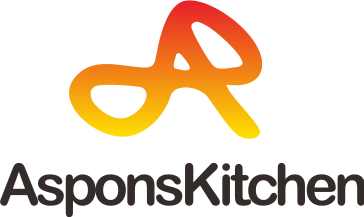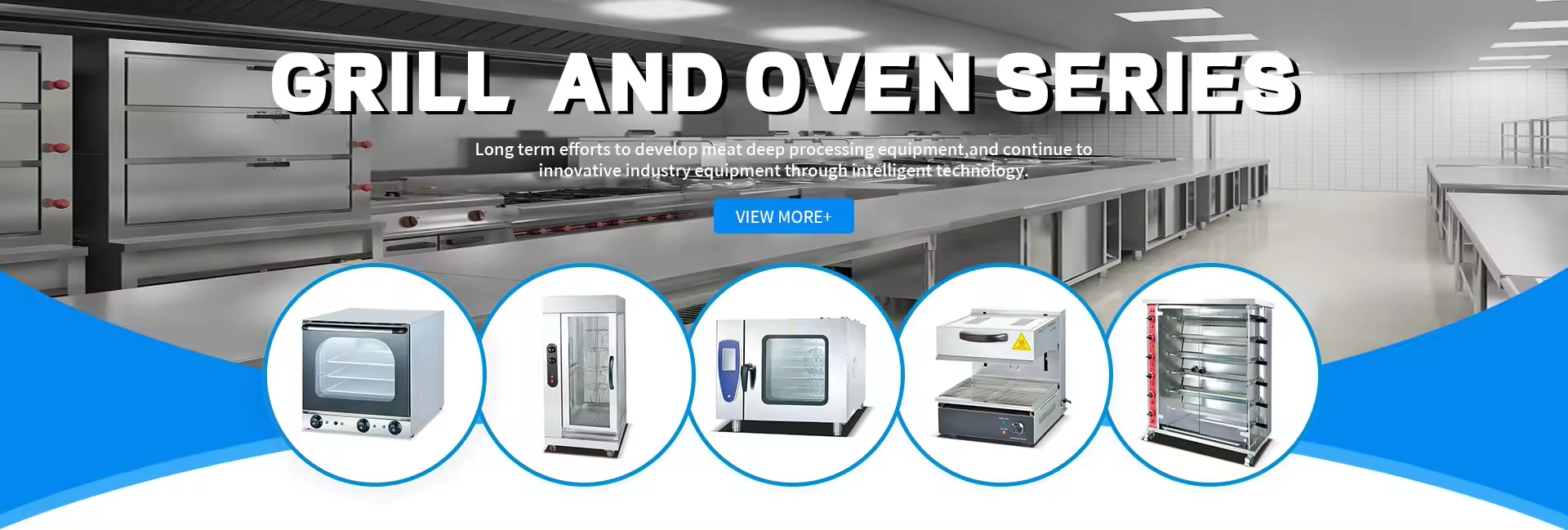Hotel kitchen design is a unique blend of various disciplines and technologies, including operations research, management science, geometry, equipment technology, power supply and lighting, water supply and drainage, and ventilation. This intricate process involves the integration of these elements within the limited structural space of the hotel kitchen, aligning with the specific kitchen processes and management procedures of diverse catering industries. The design also encompasses the overall layout of various kitchen workshops and the arrangement of auxiliary facilities, collectively referred to as hotel kitchen equipment design.
Here are key considerations for an effective hotel kitchen design:
- Understanding Process Flow: To create a rational layout for each workshop, it’s crucial to comprehend the process flow, management processes, and the specialized equipment essential for culinary operations.
- Equipment Understanding: Thorough knowledge of technical parameters and indicators of selected hotel kitchen equipment is indispensable. This includes stoves, steaming and grilling apparatus, refrigeration units, smoke exhaust systems, purification devices, conditioning equipment, washing and disinfection facilities, as well as various kitchen machinery.
- Special Design Requirements: All workshops have specific technical requirements for water, electricity, and ventilation. Due to substantial water consumption, electricity usage, and ventilation flow, the unit area is considerably larger than other general buildings. Adequate water supply and drainage, along with a high number of exhaust ventilation and air exchanges, are essential considerations.
- Design Based on Process: During peak operational hours, the kitchen experiences significant foot traffic and logistical movements. Thus, each workroom must be strategically laid out according to the order and relevance of the process flow. Streamlining connections is crucial to optimize efficiency and reduce unnecessary costs.
- Complete Design Functions: Despite challenges such as limited space or irregular structural shapes, hotel kitchens must maintain comprehensive functionality. Regardless of size, every kitchen should incorporate essential processing areas, including rough processing, staple food preparation, non-staple food stations, cold dish sections, and dedicated spaces for disinfection.
By incorporating these considerations, a well-designed hotel kitchen can efficiently manage the complexities of culinary operations while maximizing functionality and ensuring a smooth workflow.


Leave A Comment